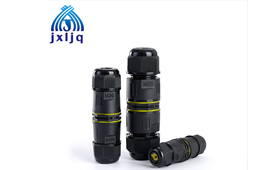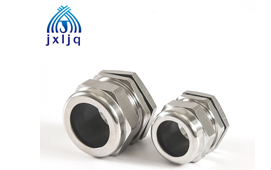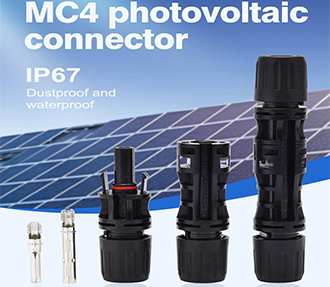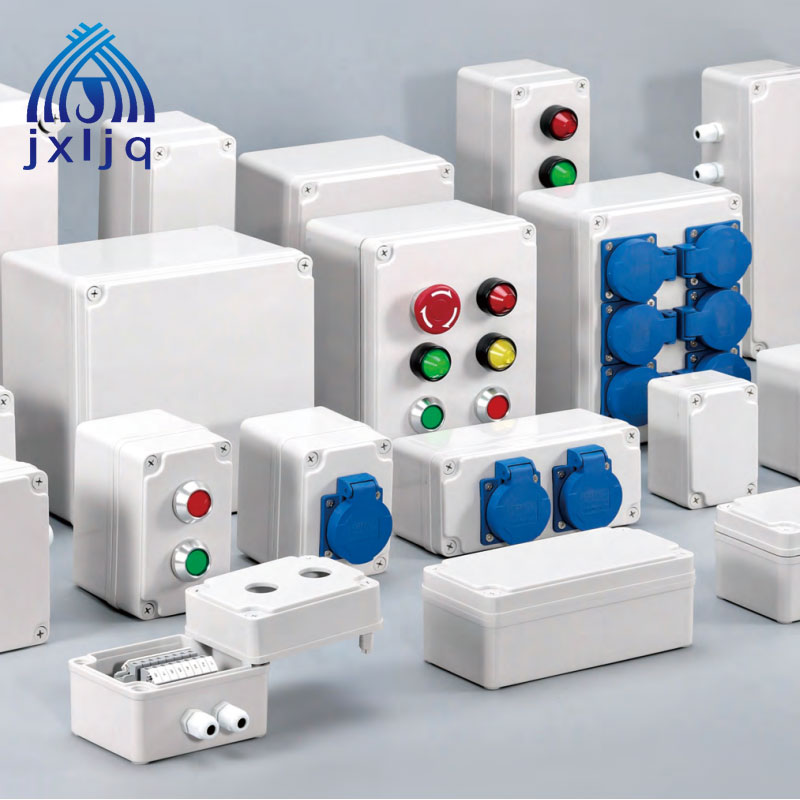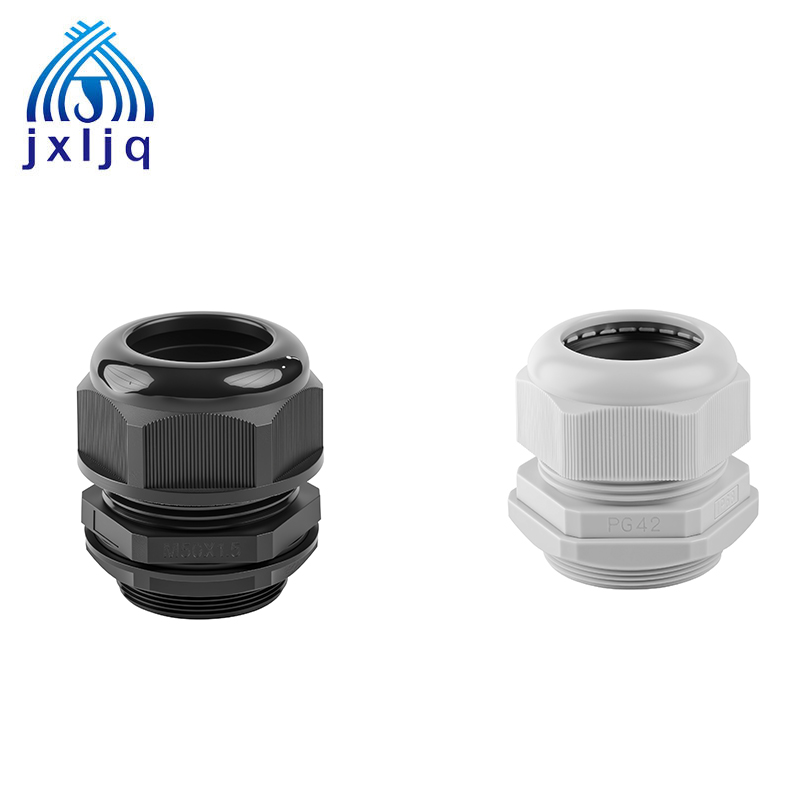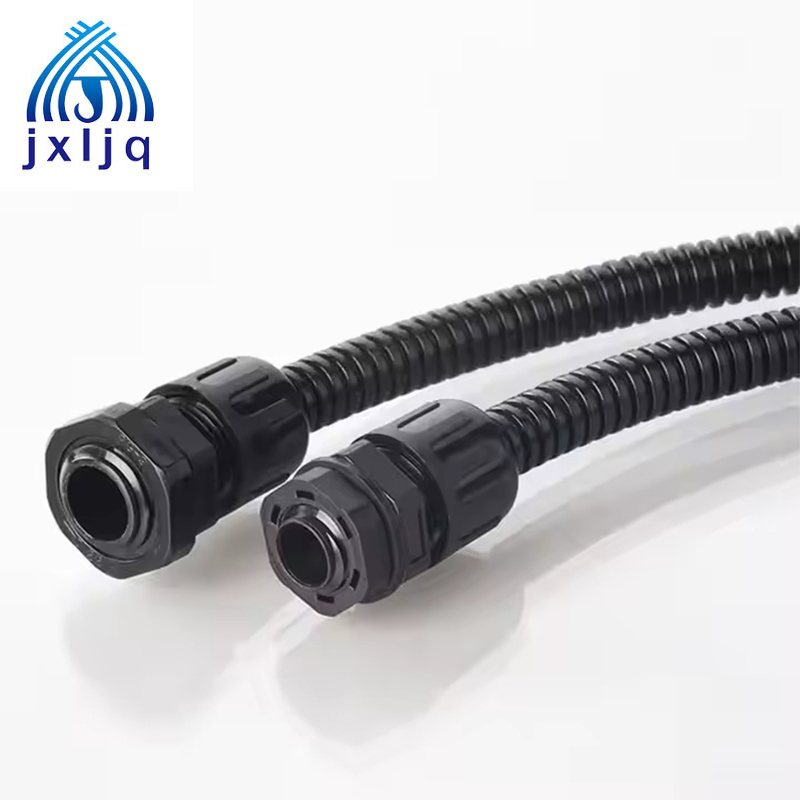How much does a cable ayrder wiegh
In modern electrical systems, cables serve as the lifelines for transmitting power and signals across various components. The weight of cables, particularly armored cables, and the integration of reliable connectors, such as waterproof connectors, are crucial for the performance, safety, and longevity of electrical systems. In this article, we will explore the weight of armored cables and the importance of waterproof connectors in ensuring the resilience of these systems.
Weight of Cable Armored
The weight of a cable armored (or armored cable) depends on several factors, including the type of cable, the materials used in its construction, and the cable's size or gauge. Armored cables are commonly used in environments where additional protection against mechanical damage, crushing, or chemical exposure is necessary. These cables are typically made of copper or aluminum conductors and are covered by layers of insulation, with a protective metal armor made of steel or aluminum wires or tapes.
Here are some of the key factors influencing the weight of armored cables:
Cable Type and Construction:
Armored cables come in different varieties, such as steel wire armored (SWA) cables, aluminum wire armored (AWA) cables, and armored flexible cables. The use of steel or aluminum for the armor significantly increases the overall weight of the cable compared to non-armored cables. The more layers of insulation and armor added to the cable, the heavier it becomes.
Cable Gauge:
Larger cables (with a higher gauge number) contain more material, such as conductors, insulation, and armor, which directly increases their weight. For instance, a 2.5 mm² armored cable weighs less than a 50 mm² armored cable.
Length of Cable:
The weight of a cable is also proportional to its length. Longer cables will naturally weigh more due to the additional amount of material used in their construction.
Typical Weight Range for Armored Cables:
Low-voltage cables (e.g., 3-core 1.5 mm² SWA cable): Around 0.2-0.5 kg per meter.
Medium-voltage cables (e.g., 3-core 25 mm² SWA cable): Around 1-2 kg per meter.
High-voltage cables (e.g., 3-core 95 mm² SWA cable): Around 3-4 kg per meter or more.
The weight of these cables increases significantly for longer lengths and larger sizes, and it's essential for engineers to account for the total weight when considering installation procedures and structural support.
Importance of Waterproof Connectors in Electrical Systems
In addition to the weight and mechanical protection offered by armored cables, waterproof connectors play a critical role in ensuring the overall durability and safety of electrical systems. Electrical connectors are used to join cables to electrical devices, junction boxes, or other cables. If these connections are not properly protected, moisture, dust, or corrosive substances could enter and damage the electrical components, leading to system failures, short circuits, or even hazardous situations.
Waterproof connectors are designed to prevent the entry of water or moisture into electrical connections, thereby protecting them from environmental conditions that could compromise performance. These connectors are especially important in outdoor, industrial, marine, and underground installations, where exposure to weather elements is inevitable.
Why Waterproof Connectors Matter:
Protection Against Moisture and Water Damage:
Water can cause significant damage to electrical systems. Even a small amount of moisture can lead to short circuits, corrosion of metal components, and degradation of insulation materials. Waterproof connectors are designed to seal electrical connections, ensuring that no water can enter, thus maintaining system integrity and preventing malfunction.
Enhanced Safety:
Electrical systems exposed to water can become highly dangerous, posing risks such as electric shocks or fires. Waterproof connectors prevent the risk of electrical fires caused by water-induced shorts. They are designed with tight seals and resistant materials that keep electrical connections safe even in wet environments.
Increased Durability and Longevity:
Electrical systems that are regularly exposed to moisture are more prone to wear and corrosion. By using waterproof connectors, the life span of the system is extended, reducing the need for frequent maintenance and lowering the chances of system failure due to moisture-induced deterioration.
Reliable Performance in Harsh Environments:
Industries such as construction, telecommunications, energy production, and marine rely on equipment that can withstand harsh environmental conditions, including rain, fog, saltwater, and snow. Waterproof connectors ensure that electrical systems perform reliably under these conditions, making them suitable for industrial and outdoor applications where environmental exposure is a constant factor.
Types of Waterproof Connectors:
There are various types of waterproof connectors, each designed for specific applications:
IP-Rated Connectors (Ingress Protection):
Waterproof connectors are typically rated according to the IP (Ingress Protection) standards. An IP rating consists of two numbers, the first representing protection against solid objects (like dust), and the second representing protection against water ingress. For example:
IP67 connectors are fully protected against dust and can withstand immersion in water up to 1 meter for 30 minutes.
IP68 connectors are suitable for use in environments where they are likely to be submerged in water for extended periods, offering the highest level of water protection.
Marine-Grade Connectors:
Specifically designed for use in marine environments, these connectors are resistant to corrosion caused by saltwater and harsh weather conditions. They are often used in ships, offshore platforms, and coastal facilities.
Molded Connectors:
These connectors have molded seals that offer excellent waterproofing and resistance to external elements. They are commonly used in outdoor, heavy-duty applications like construction, automotive, and industrial machinery.
Connector Housings with O-Rings:
Waterproof connectors often feature O-rings made of materials like silicone or rubber, which provide a secure seal between connector parts to prevent water entry.
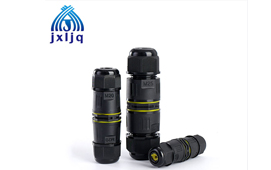
Conclusion:
The weight of armored cables, particularly in large industrial settings like power plants, must be carefully considered to ensure safe installation and handling. These cables provide mechanical protection, but they need to be paired with other protective components, such as waterproof connectors, to guarantee the reliability and safety of electrical systems.
Waterproof connectors not only prevent water damage and corrosion but also contribute to the overall longevity and efficient operation of electrical systems in harsh environments. By combining robust armored cables with high-quality waterproof connectors, engineers can create electrical systems that are both durable and capable of performing safely in a wide range of conditions. This integrated approach is essential for industries where operational reliability is paramount, and system failure is not an option.


